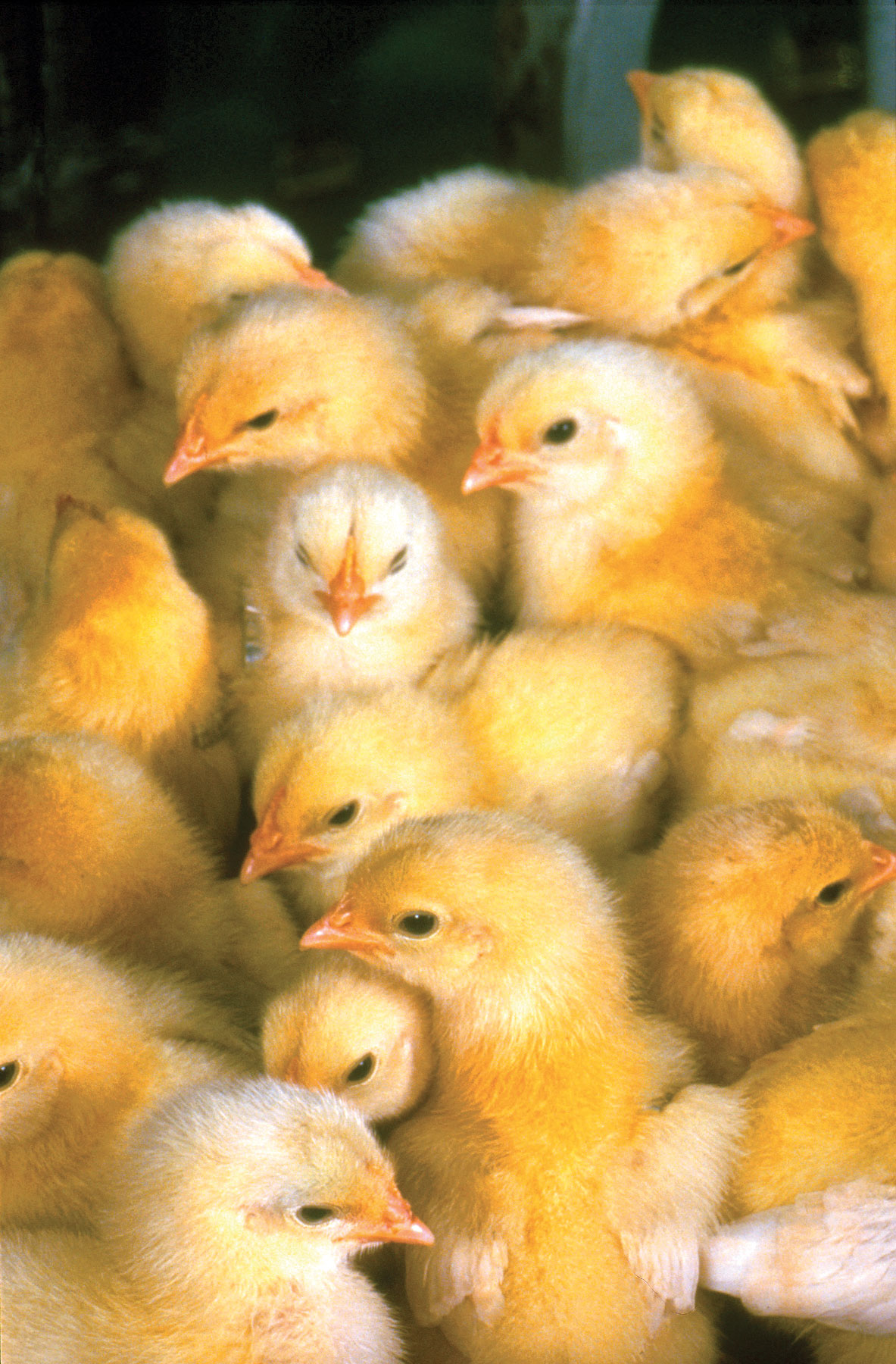
Proper nutrition for young birds is key to a healthy, productive flock
Eggs are an easy, cost effective way to add protein to a diet, and essential in many current diet trends. For producers who want healthy hens who lay quality eggs, a hen having a good diet is necessary.
Diet
“For those interested in raising healthy hens (that) can provide lots of good quality eggs, it is crucial the birds get a balanced diet best suited to where they are in their development,” said Dr. Susan Watkins, with the University of Arkansas Division of Agriculture.
Like any animal, the diet changes as the bird grows and develops.
Recently hatched chicks that are bred for egg production need a good quality pullet starter feed with 16 to 18 percent protein and less than 1 percent calcium. The birds need a decent amount of protein to develop into successful layers.
“Feeding just cracked corn doesn’t give the birds enough protein and can stunt their growth, causing them to grow up to be very poor layers,” Watkins said. “It also doesn’t provide the correct ratio of nutrients such as calcium and phosphorus.”
Watkins prefers a feed with some substance to it.
“I also prefer diets that are a crumble or look much like Grape-Nuts cereal because this ensures the chicks get a balanced diet with each bite. (It’s) hard to eat only the chocolate cake when it looks the same as spinach,” Watkins said.
After a few weeks, if a pullet developer is available, switch the feed to this around four to six weeks, or as recommended by the local feed supplier.
The next step in feed, is up to the producers discretion. As the birds start to “bloom,” developing a colored comb, the producer can switch them to a layer diet.
Watkins said when the first egg appears, the hens need to be on the layer feed, which has plenty of calcium so they consistently make strong eggshells.
Supplementing with a coarse grade oyster shell also allows a slow release of calcium so when the hens are generally making shells, which is during the night; there is no calcium shortage.
Water
Water supply and cleanliness is also a factor in hen health. The feed should always fresh and clean.
Wet feed can lead to mold, which can in turn make the birds sick.
“I am a very big fan of clean fresh water,” Watkins said. “They may choose to drink from a mud puddle but certainly give them the option of uncontaminated water.”





